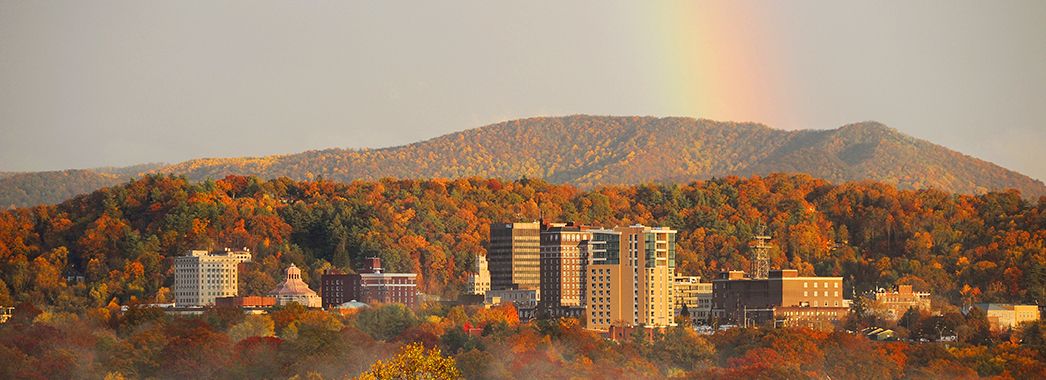
Mission Health Urges Air Quality Precautions for Elderly, Children – Stay Safe with These Guidelines
ASHEVILLE, N.C. (Nov. 14, 2016) – Mission Health Blog Announcement
The elderly, children and people with cardiovascular diseases, specifically asthma and COPD, should limit their exposure to outside air as forest fires continue to produce heavy smoke throughout western North Carolina, according to Mission Health experts and state and federal air quality officials.
Mission Hospital is not seeing an increase in patients seeking care in the emergency department for smoke-related problems. Mission Health’s member hospitals across the region are also not seeing an increase in patients.
Mission Health is partnering with local and national experts to ensure the safety of staff and the community.
“We want to express our deep sorrow for the tragic wildfires that are disrupting our western North Carolina communities,” said Ronald A. Paulus, MD, Mission Health President and CEO. “We have been continually apprised of the circumstances and have made available any and all resources that are required to assist with this ongoing emergency. While we can never know the true experience of each local community member, we are with you in thought, spirit and prayer.”
Basic precautions include:
· Those with lung and heart conditions should limit exposure to outside air.
· Everyone should avoiding heavy exertion outside when air quality is Code Orange and Red.
· Monitor children for symptoms of breathing trouble. They are more susceptible to smoke.
· Check on the elderly to make sure they able to perform routine tasks.
Dr. James Lowery, Medical Director of Mission Health WorkWell, said the severity of the health risk from the smoke depends on the person.
“It really depends on the individual’s history,” he said. “Certainly people with a history of asthma, and people with a history of COPD, are going to be more predisposed to having problems than others.”
For healthy young people, the smoke from the fires is typically not an immediate health concern, he said.
Older people might have more symptoms related to the smoke. Checking on the elderly is a good idea.
“See how they are doing,” Lowery said. “Are they having difficulty breathing? Are they wheezing or unable to do their normal activities?”
If so, consult a doctor immediately.
Dust masks, like the ones offered at the local hardware store, will not filter out smoke vapors and are not generally helpful. They are designed to prevent particles from entering the lungs, according to the N.C. Department of Environmental Quality.
The best way to avoid symptoms is to stay indoors.
Children are more susceptible to respiratory problems from smoke inhalation, according to Dr. Steven Julius, a pediatric pulmonologist at Mission Children’s Hospital.
The lungs of children are still developing and they breathe more, for their size, than adults. Children also tend to react more to airway issues and they spend more time outdoors.
Julius says that parents should assess for persistent cough, wheeze, chest congestion and nonspecific signs of respiratory distress such as:
· Unable to complete a small sentence without catching their breath
· Retractions
· Increased respiratory rate
· Grunting
· Nasal flaring


 How to resolve AdBlock issue?
How to resolve AdBlock issue? 